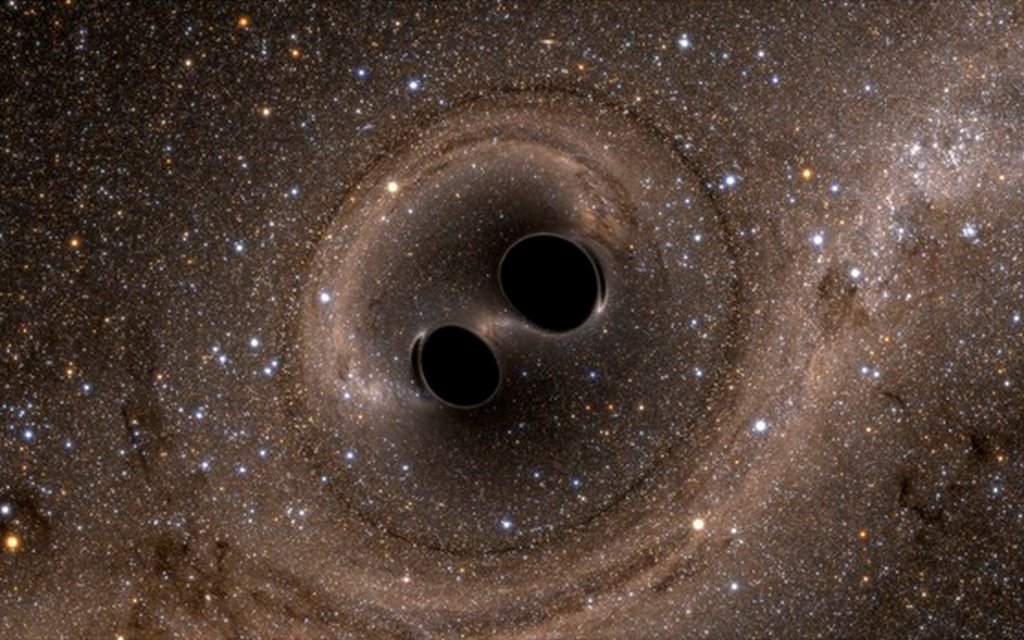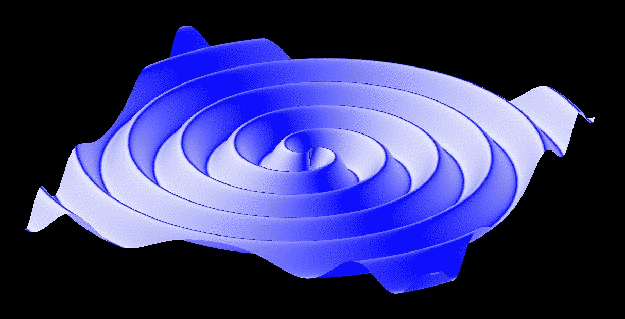Gravitational waves: Here’s everything you should know about how Ligo scientists detected the merging of two black holes

It's been called the "scientific highlight of the decade" and billed ushering in a "new era for astronomy": there's no doubt the discovery of gravitational waves – yes, waves of gravity – is one of the most important findings in recent history.
But what does it actually mean? And can it make you sound cleverer at dinner parties? Here's everything you need to know…
Sorry, I was in a meeting. What exactly has happened?
A team of scientists working on the twin Laser Interferometer Gavitational-Wave Observatory (Ligo to its friends) at Caltech and MIT say they have measured ripples in the fabric of spacetime, aka gravitational waves, which arrived on earth from a "cataclysmic event in the distant universe".
Essentially, something massive happened and, like a stone thrown into the puddle of space and time, it left ripples.

(Source: Wikimedia Commons)
I see. And in practical terms, what exactly is a "cataclysmic event in the distant universe"?
The scientists – one team based in Louisiana and one based in Washington state – say the signals are from the "final fraction of a second of the merger of two black holes to produce a single, more massive spinning black hole".
Basically: two black holes merged. A billion years later, we found out about it. Here's what it looks like:
Gravitational Waves Discovered! Produced from the collision of two black holes! 🌟#GWdiscovered #Gravitation… https://t.co/bl8qAO9Jpa
— University of Glasgow (@UofGlasgow) February 11, 2016
Whose idea was all this in the first place?
Albert Einstein, obvs. He predicted 100 years ago that gravitational waves may exist in his Theory of General Relativity. At the time, he thought the waves were too weak to detect.
"I don't think he'd have minded being wrong!" said Bruce Allen, the managing director of the Max Planck Institute for Gravitational Physics. Lol, Bruce.
Why is it such a big deal?
We'll leave the job of explaining it to Stephen Hawking, who told the BBC:
Gravitational waves provide a completely new way at looking at the Universe. The ability to detect them has the potential to revolutionise astronomy. This discovery is the first detection of a black hole binary system and the first observation of black holes merging.
Apart from testing (Albert Einstein's theory of) General Relativity, we could hope to see black holes through the history of the Universe. We may even see relics of the very early Universe during the Big Bang at some of the most extreme energies possible.